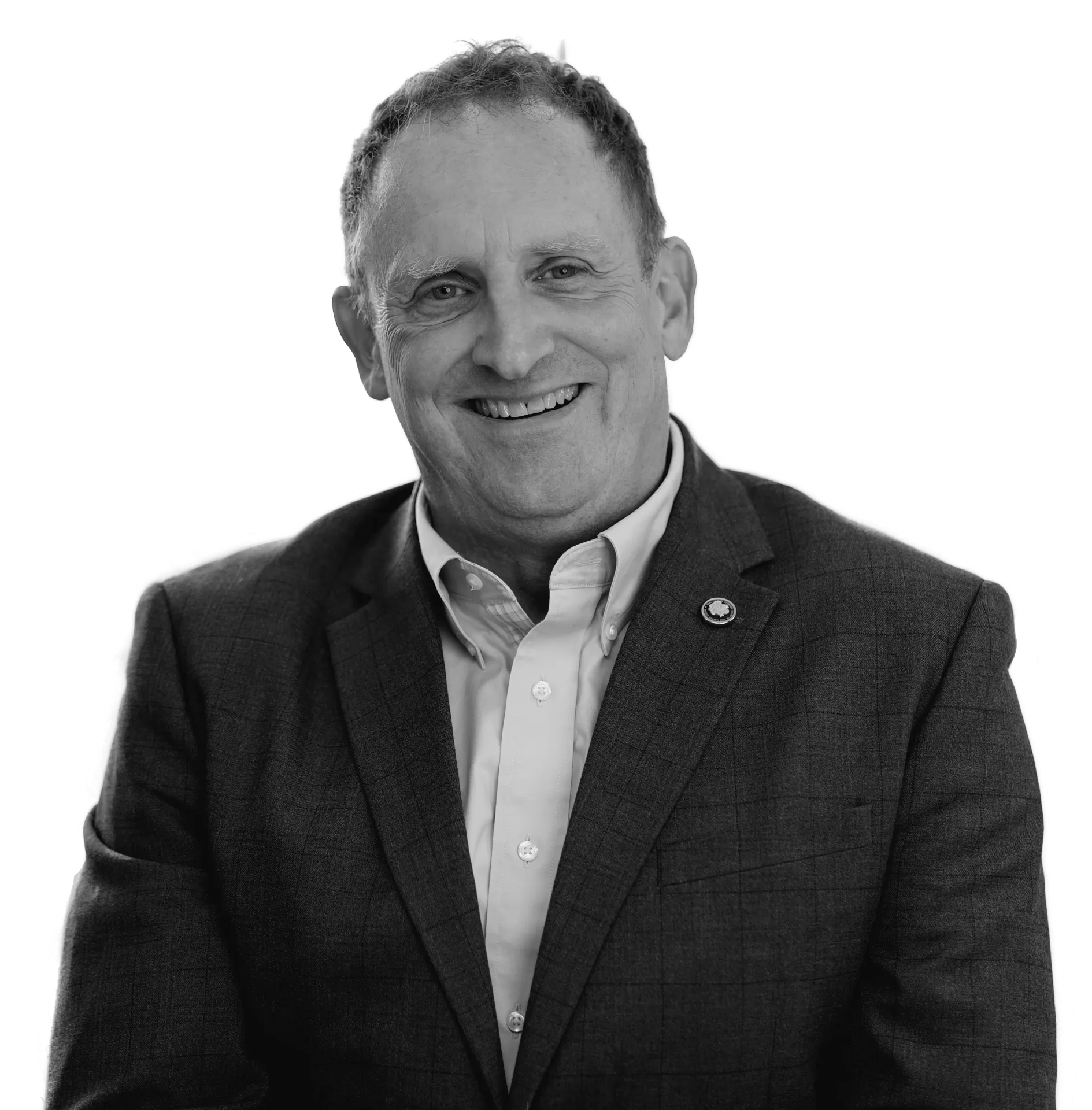A year ago America exploded in protests and riots after George Floyd died while being arrested by police in Minneapolis. Today the officer who held Floyd’s head to the ground with his knee sits on trial, but what many expected to be an open-and-shut case has been complicated by evidence that Floyd had dangerous levels of drugs in his system, and other contributing health problems.
Close observers of the proceedings are now contemplating the possibility of Officer Derek Chauvin’s acquittal, and how the public will respond. This places a special burden of responsibility on everyone involved to try to minimize the prospect of widespread violence. Unfortunately neither the national news media, nor cultural influencers, nor many political leaders are rising to the occasion.
George Floyd’s death may indeed have been a murder, as it certainly appeared on video. Or he may have died, as Chauvin’s defense claims, primarily from a combination of Fentanyl, COVID-19 and heart problems about which the police could not have known. I want to be clear here that either way, it’s extremely important to acknowledge and address the broader frustrations that many African-Americans have about their treatment by the police. But it’s essential to the survival of the Republic that questions like Chauvin’s culpability be decided only in a courtroom after due process of law — and not by skewed press accounts or enraged mobs.

The United States is in some danger of sliding into what has been called a post-rule of law society. The very principles of due process and the presumption of innocence of the accused, hard won over millennia of tragic human experience, are at risk of being swept away if they appear to interfere with someone’s overriding concept of social justice. At its core, due process is really about fairness, where civilizations use rules to prevent the abuse of power by individuals; it has a long and distinguished pedigree. Long before the Constitution forbid depriving an individual of “life, liberty or property without due process of law,” the Magna Carta declared that no free man could be seized, harmed or lose his property except “by the law of the land.” And well before that, the book of Deuteronomy decreed that “A single witness shall not rise up against a man on account of any iniquity or any sin which he has committed; [only] on the evidence of two or three witnesses a matter shall be confirmed.”
True justice, as wiser statesman than I have observed, is not simply “done,” at least not by mortals. It can only be the result of legitimate, transparent, and dispassionate proceedings. The fury of the crowd is the enemy of true justice, because it warps accountability into revenge and precludes the kind of clear thinking necessary to deal with complex situations. I’m pretty sure MLK and Nelson Mandela would agree with me here – they knew firsthand the peril of angry mobs. Older generations of Americans, having studied the French Revolution and read Twelve Angry Men, took the principle of a fair trial for granted, even if they fell tragically short of providing them to everyone in society.
Whatever America’s failings, past and present, equal justice under law is still the right idea. We abandon it now at our peril. As the Chavin trial heads to a verdict – whatever that verdict may be – our leaders, our news media, and yes, even our celebrities should be shouting this from the rooftops.

For a longer version published by the Epoch Times, GO HERE
Professor William Wagner is President of the Great Lakes Justice Center. He is a former federal judge and is Distinguished Professor Emeritus at Western Michigan University Cooley Law School, having taught ethics and constitutional law for more than 20 years.










